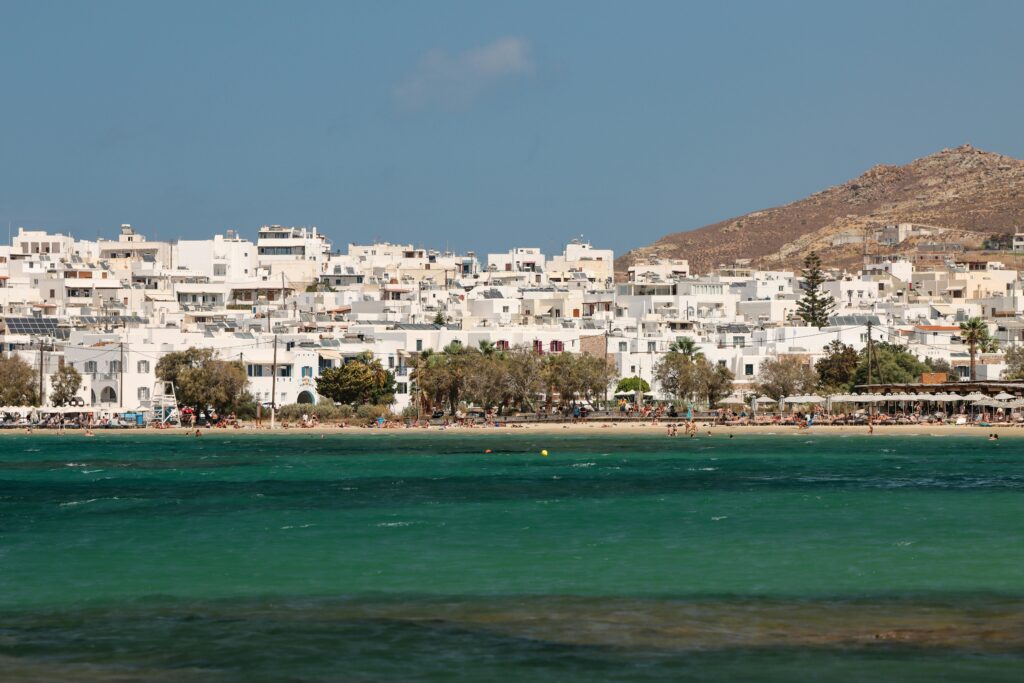As Europe continues to struggle with the overwhelming influx of tourists, authorities are stepping up their game in 2025 with stricter measures to curb overtourism. From tourist taxes to daily visitor caps and outright bans, European cities are taking drastic steps to preserve their cultural heritage and protect local communities.
If you’re planning to visit Europe this year, here’s what you need to know about the new rules and how they might impact your travel plans.

Tourist Taxes: Paying the Price for Overtourism
Many popular destinations have introduced or increased tourist taxes to help manage crowds and fund infrastructure improvements.
- Venice, Italy – The city’s controversial entry ticket scheme has expanded to cover 54 days in 2025 (up from 29 days last year), with late booking fees increasing from €5 to €10. With daily tourist numbers often exceeding Venice’s 49,000 residents, these measures aim to reduce overcrowding and improve visitor experiences.
- Greece – Tourists arriving by cruise ships to hotspots like Santorini and Mykonos will now face a €20 arrival fee, designed to fund infrastructure improvements and reduce the impact of mass tourism.
- Madeira, Portugal – Beginning this year, tourists will need to pay €3 to hike the island’s 30 scenic trails, with revenue allocated to maintaining the natural beauty of the region.
These fees may seem minor, but for frequent travelers or large families, they can add up quickly.
Visitor Caps and Bans: Less Is More
In addition to fees, some European cities are putting hard limits on visitor numbers to prevent damage to cultural landmarks and improve the quality of life for residents.
- Athens, Greece – In 2025, the Acropolis has introduced a strict 20,000 visitor-per-day limit, ensuring better crowd control and safeguarding the historic site.
- Barcelona, Spain – The city is cracking down on short-term rentals, planning to phase out all Airbnb-style accommodations by 2028, which will limit tourist accommodation options and help address housing shortages for locals.
These measures reflect a growing push to balance tourism with sustainability, ensuring long-term preservation of Europe’s cultural treasures.

Stricter Travel Regulations: ETIAS Authorization Is Coming
Starting in mid-2025, the European Union will roll out the European Travel Information and Authorisation System (ETIAS), requiring travelers from outside the EU to apply for approval before entering any of the 30 participating countries.
- Fee: €7 per person
- Validity: Up to 3 years (or until passport expiry)
- Applies to: Non-EU travelers visiting the Schengen area and select EU countries
This system is aimed at boosting border security and managing tourist flows more efficiently.
Public Backlash: Are Locals Pushing Back Against Tourists?
Not everyone is happy with the influx of tourists. In Spain, a recent survey found that 1 in 3 residents believe their cities are overrun with tourists. Protest movements are growing in places like Barcelona, Palma de Mallorca, and Amsterdam, where locals are demanding stricter tourism controls to reclaim their neighborhoods.
Anti-tourism sentiment is on the rise, with activists calling for even stricter regulations to prevent tourist-driven gentrification and environmental degradation.
How These Changes Affect You
If you’re planning to visit Europe in 2025, here are a few things to keep in mind:
- Expect to Pay More: Many cities now require tourist fees that can add to your travel budget.
- Plan Ahead: With visitor caps in place, booking tickets for popular attractions well in advance is essential.
- Follow Local Rules: Some areas have stricter noise and behavior regulations to combat tourist disruptions.

Frequently Asked Questions (FAQs)
1. What is overtourism?
Overtourism occurs when too many visitors overwhelm a destination, causing negative effects on the environment, infrastructure, and local communities.
2. Why are cities imposing new tourist taxes?
Tourist taxes help fund maintenance, infrastructure, and conservation projects, ensuring that tourism remains sustainable for the future.
3. How will the ETIAS system impact travelers?
Travelers from non-EU countries will need to apply online for authorization, paying a €7 fee that grants access to participating countries for up to three years.
4. Will these restrictions reduce tourist numbers?
While some tourists may be deterred by higher costs and stricter regulations, Europe’s major attractions are expected to remain popular, albeit more managed.
5. Are these measures permanent?
Many of these policies are subject to review and adjustments based on their effectiveness in curbing overtourism.
The Bottom Line
Europe’s battle against overtourism is intensifying in 2025, with stricter taxes, visitor limits, and regulatory changes. If you’re planning a trip, staying informed about these measures can help you avoid surprises and ensure a smooth travel experience.
Sources Forbes


